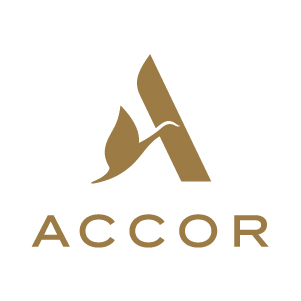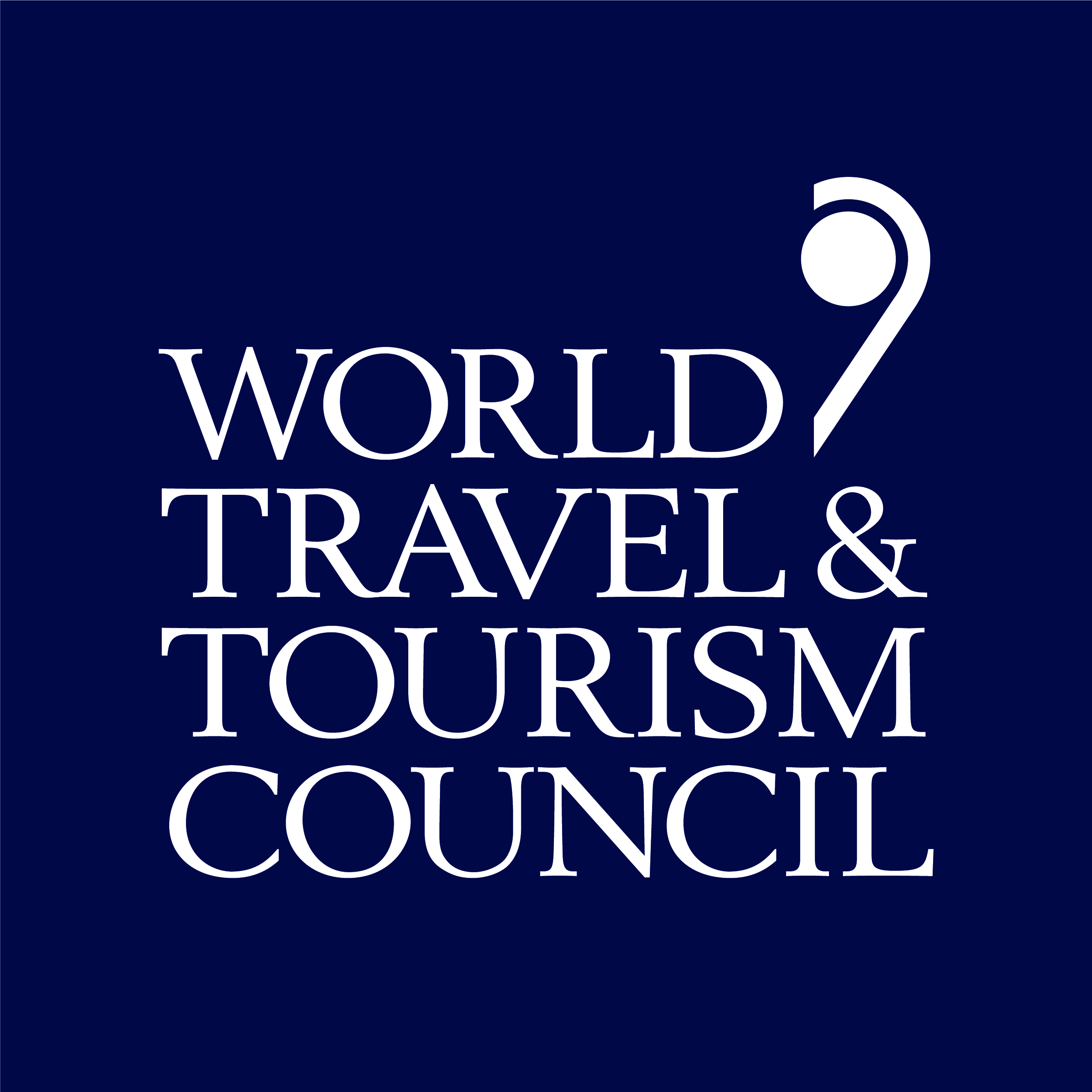Hotel Sustainability Basics: A global framework for greener hospitality

Sustainability in travel is no longer optional. Guests, investors, and regulators increasingly demand action, and hotels of every size are under pressure to respond. Recognising this, the World Travel & Tourism Council (WTTC) has introduced the Hotel Sustainability Basics, a common starting point designed to help the hospitality sector take its first meaningful steps towards a greener future.
Sign in to access actionable insights
Sustainability in travel is no longer optional. Guests, investors, and regulators increasingly demand action, and hotels of every size are under pressure to respond. Recognising this, the World Travel & Tourism Council (WTTC) has introduced the Hotel Sustainability Basics, a common starting point designed to help the hospitality sector take its first meaningful steps towards a greener future.
Unlike complex certification schemes, the Basics are straightforward. They outline 12 core actions that every hotel, regardless of size or budget, should adopt. By focusing on efficiency, reducing environmental impact, and supporting people and communities, the programme is designed to be practical, achievable, and globally consistent.
The 12 core criteria
The 12 actions fall into three broad areas: Management & Efficiency, Planet, and People. Together, they cover the most pressing operational challenges hotels face.
- Management & Efficiency: Measure and actively reduce energy consumption, water use, waste, and carbon emissions. Tracking performance is the first step in managing resources effectively.
- Planet: Introduce visible, guest-facing practices such as linen and towel reuse programmes; eliminate unnecessary plastics (including straws, stirrers, and single-use water bottles); shift to bulk amenity dispensers; prioritise eco-friendly cleaning products; and add vegetarian or plant-based menu options.
- People: Ensure that operations support local communities and tackle inequalities in employment and supply chains.
These criteria are not designed to be aspirational goals for a few leading brands. Instead, they represent the minimum standards all hotels should achieve. Moreover, hotels are not expected to reach all 12 standards immediately. The framework allows for a step-by-step adoption:
- Year 1 – implement at least 8 criteria.
- Year 2 – meet at least 9 criteria.
- Year 3 – achieve all 12.
- Beyond Year 3 – progress to more advanced certifications such as the Global Sustainable Tourism Council (GSTC) criteria or the Pathway to Net Positive Hospitality.
This structure ensures hotels can steadily build capacity without being overwhelmed, while maintaining accountability through clear milestones.
Who can take part?
The initiative is open to all accommodation providers: independent hotels, branded chains, resorts, guest houses, and hostels. Owners, operators, investors, and even destination authorities can adopt or support the programme. Crucially, it has been built with small and medium-sized enterprises (SMEs) in mind. SMEs make up around 80% of the global Travel & Tourism sector and often lack the resources to navigate complex sustainability frameworks.
To ensure trust, hotels must undergo independent verification. WTTC has partnered with established organisations such as SGS and Greenview to provide assessment and support packages. Verification can range from a simple document review to in-depth advisory and re-assessment, depending on a hotel’s needs.
The initiative has quickly gained traction. By the end of 2023, more than 1,300 hotels were verified. By mid-2024, that figure had risen to over 3,400 properties, and in 2025, more than 5,000 hotels across 80 countries are expected to adopt the framework. This scale of adoption demonstrates not only the relevance but also the practicality of the programme.
Why It matters
The Hotel Sustainability Basics bring several key advantages:
- Clarity and accessibility: SMEs gain a clear entry point into sustainability, avoiding the overwhelm of highly technical or costly certification systems.
- Operational savings: Cutting water, energy, and waste delivers immediate cost benefits, a crucial factor for smaller operators.
- Market appeal: Verified hotels can showcase their progress to eco-conscious travellers, online booking platforms, and corporate partners.
- Future readiness: The Basics prepare hotels for tightening regulations and reporting requirements.
- Global alignment: Because the programme is consistent with major frameworks such as GSTC standards, Booking.com, Google, and the UN Sustainable Development Goals, hotels can scale up more easily when ready.
WTTC’s Hotel Sustainability Basics mark an important shift in the hospitality industry. By setting out clear, credible, and achievable steps, they empower hotels of all sizes, especially SMEs, to start their sustainability journeys with confidence. In doing so, they help the sector cut costs, reduce its footprint, and build resilience, while responding to the expectations of travellers and communities worldwide. For hotels, the message is simple: sustainability is no longer a premium add-on. With the Basics, it becomes the baseline.

















